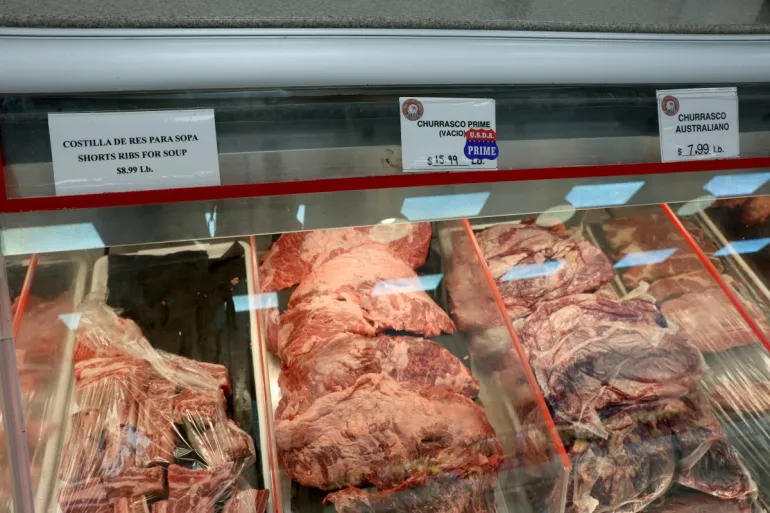Australia will ease longstanding restrictions on beef imports from the United States, according to an announcement by U.S. Agriculture Secretary Sonny Perdue.
The restrictions were initially imposed due to concerns about bovine spongiform encephalopathy (BSE), also known as mad cow disease. These measures significantly limited the presence of U.S. beef in the Australian market.
Secretary Perdue announced the development in a public statement, attributing the outcome to negotiations between the U.S. and Australian governments. He stated that the change reflects ongoing efforts to expand U.S. agricultural exports.
The import restrictions date back to multiple detections of BSE in the United States. Following those incidents, several countries, including Australia, implemented bans or stricter import conditions on U.S. beef. These restrictions required extensive safety and quality controls for any permitted imports.
According to the U.S. Department of Agriculture, integrated efforts between both countries’ agricultural agencies contributed to the agreement. Specific details regarding the volume, timeline, and terms of the resumed imports have not yet been released.
Australia has an established domestic beef industry and exports large volumes of beef globally. The policy change allows U.S. beef producers access to the Australian market under updated trade conditions.
In a separate statement, U.S. trade officials noted that the decision is part of ongoing discussions to strengthen agricultural trade relations between the two countries.
Authorities have not yet confirmed when U.S. beef products will enter Australian distribution channels. Regulatory bodies from both countries are expected to coordinate the implementation of the revised import policy.

